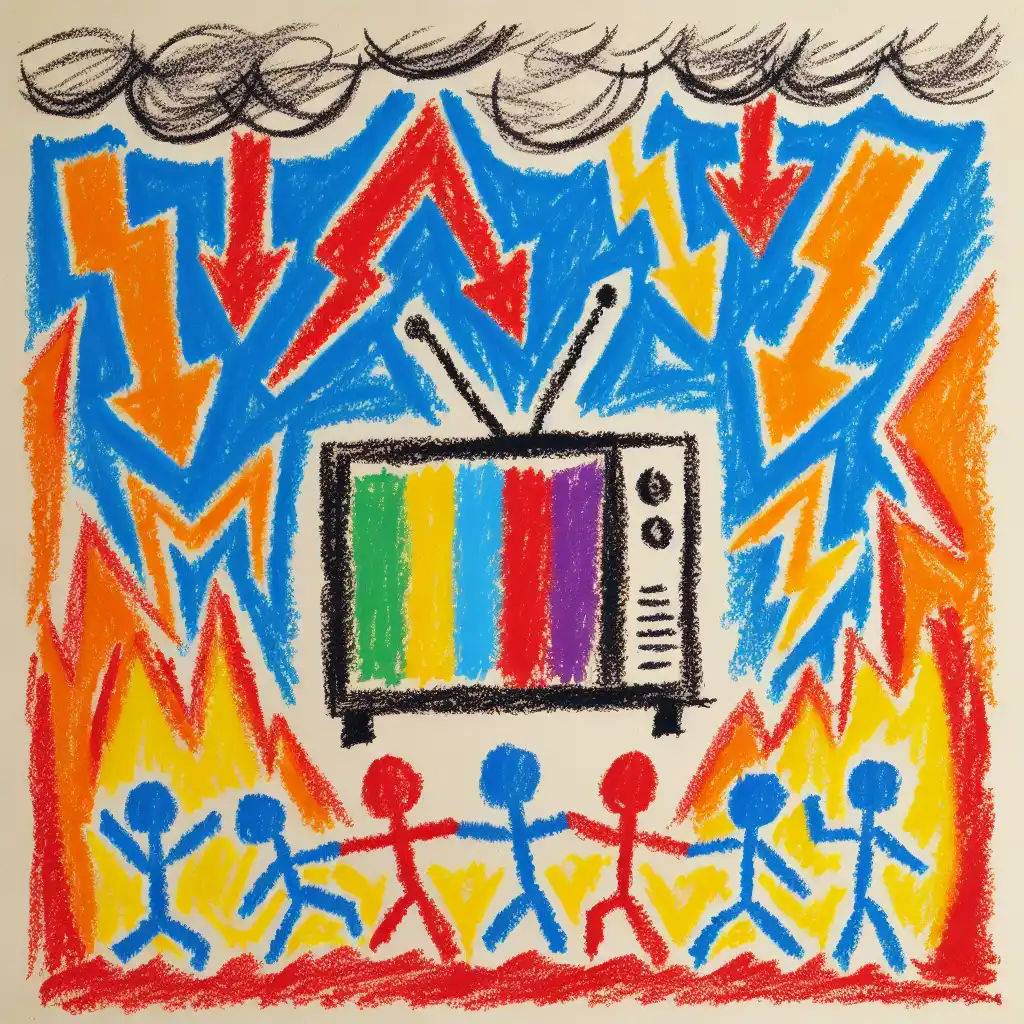Is this the death of the late night US chat show?

Explain Like I'm 5
Imagine your favorite bedtime story suddenly stops being told. You'd be pretty surprised, right? Well, that's what happened with a TV show called *The Late Show* where a man named Stephen Colbert talks to famous people and makes jokes every night. He said he's going to stop doing the show, and now people are wondering if other shows like his might stop too. It's like when one ice cream shop closes, and everyone starts to wonder if the other shops will close as well because they're not selling as many ice creams anymore.
Explain Like I'm 10
So, Stephen Colbert, who hosts a popular TV show called *The Late Show*, announced that he's going to stop making new episodes. This show is what we call a "late night chat show" because it comes on TV late at night and involves chatting with celebrities, having musical performances, and lots of jokes. Now that he's quitting, people are questioning whether other shows like his might be in trouble too.
Why now? Well, fewer people are watching TV the traditional way. More and more folks are watching shows whenever they want online instead of waiting for them to be broadcast at a certain time. Because of this change, these late night shows are not as popular as they used to be. The big question is whether this is just about Colbert's show or if it's a sign that the late night show format itself is becoming less popular. This is a big deal because these shows have been a major part of American TV for decades.
Explain Like I'm 15
Stephen Colbert's recent announcement of ending *The Late Show* has sparked a broader debate about the future of late night chat shows in the U.S. These shows have been a staple of American television, blending comedy, interviews, and live performances, and they've evolved over the decades in step with changes in media and culture.
The timing of Colbert's departure raises questions amidst changing viewer habits. With the rise of streaming services and on-demand viewing, traditional TV ratings have plummeted. People aren't sitting down at specific times to watch shows anymore; they're choosing what to watch and when on platforms like Netflix or YouTube. This shift means that the traditional model of late night shows, which rely on "live" viewership and topical humor, might be losing its appeal.
Historically, these shows have reflected and influenced public opinion, provided viral moments, and boosted or busted careers. If the format is indeed dying, it could alter the landscape of television and entertainment journalism significantly. What comes next could vary: perhaps a new format that blends traditional elements with new media trends, or maybe these shows will evolve to become more niche, serving dedicated fanbases rather than broad audiences.
Experts in the industry might argue about the potential for reinvention or suggest that these changes were inevitable. Regardless, the end of *The Late Show* under Colbert's tenure is a notable sign of the times, indicating a possible end of an era for this kind of TV show. What replaces it will surely be a reflection of what the new generation of viewers seeks in entertainment.
Want to read the original story?
View Original Source